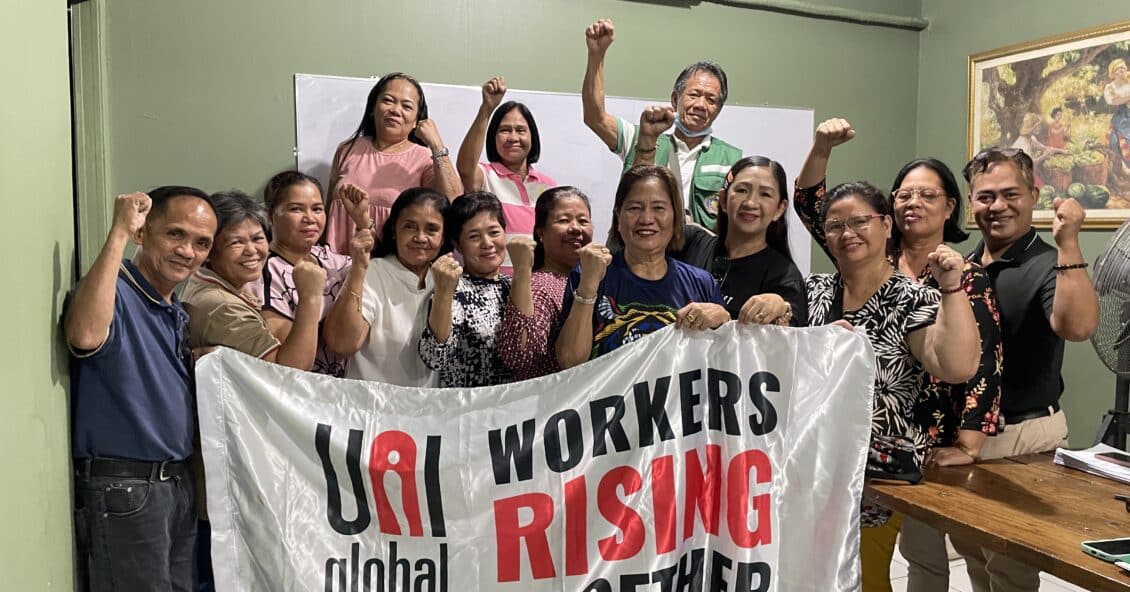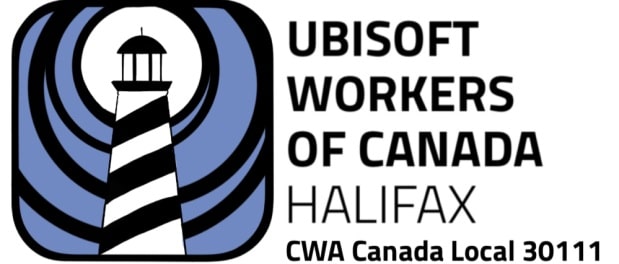Delayed Health Emergency Payments Brings UNI-PLC to Congressional Hearing
20.01.25
UNI Global Union – Philippine Liaison Council (UNI-PLC) recently participated in a Congressional hearing at the House of Representatives, spearheaded by Rep. Angelica Natasha Co of the BHW Party-list aimed to tackle the alarming delays in the disbursement of the Health Emergency Allowance (HEA) for barangay health workers (BHWs).
UNI-PLC presented detailed findings from its consultations across 121 municipalities and cities nationwide, revealing a troubling reality for barangay health workers (BHWs). On average, BHWs are owed 17 months of unpaid HEA out of 25 months, amounting to an alarming ₱3.4 billion or approx. US$ 51 million in arrears. Even more concerning, 65% of surveyed localities reported that their BHWs had not received any HEA at all.
This data aligns closely with statistics presented by Department of Health (DOH) Director IV Roderick Napulan. According to the DOH, of the 3.5 million HEA claims filed nationwide, only 1.6 million have been paid, leaving a staggering 1.8 million claims unresolved.
A significant portion of these delays stems from bottlenecks at the local government unit (LGU) level. BHWs reported that municipal and city health officers often exclude them from beneficiary lists, adding another layer of frustration. In response, the DOH clarified that BHWs could seek assistance from their respective Development Management Officers at the LGU level or escalate their concerns directly to the DOH’s Grievance Board for further action.
The DOH reiterated that all ₱27 billion or approx. US$ 461 million allocated by the national government for HEA disbursement has been fully released. However, the responsibility now lies with LGUs to ensure the timely delivery of these funds to beneficiaries. The DOH emphasized that HEA funds should not take more than 30 days to be distributed once they reach the LGU level and committed to issuing reminders or memos to non-compliant LGUs.
Maribeth P. Cayabyab, President of the BHW Federation of the Cagayan Valley Region, expressed the growing frustration and emotional toll experienced by BHWs due to the prolonged delays in receiving their Health Emergency Allowance (HEA). “BHWs are losing hope that they will still receive their HEA. It’s been almost three years, and we have yet to reap the fruits of our hard-earned labor and sacrifice,” she lamented. Cayabyab further emphasized the struggles faced by BHWs who continue to serve their communities despite mounting financial challenges. “Every day, we work tirelessly to ensure the health and safety of our barangays, yet the recognition and support we deserve remain out of reach,” she added.
Her statement underscores a growing sense of frustration among health workers who feel abandoned by the very systems meant to support them. The arrears in HEA payments have not only caused financial strain but have also left many questioning whether their countless working hours, dedication and hard work will ever be properly acknowledged.
Roland De La Cruz, President of UNI-PLC, emphasized the organization’s determination to stand with them. “BHWs are the backbone of community healthcare, and they deserve the timely and fair compensation promised to them. UNI-PLC will continue to fight alongside BHWs to ensure their grievances are addressed and their sacrifices recognized. We will not stop until justice is served.”
Rajendra Acharya, Regional Secretary of UNI Asia & Pacific, emphasized the importance of the issue. “BHWs deserve to be paid for their invaluable contributions. Their wait and frustration are entirely justifiable. The delay has gone on long enough. We urge the Government of the Philippines and all relevant authorities to unite and ensure that the HEA is duly paid to every BHW without any further delay. It is our collective duty to ensure they receive the respect, rights, and remuneration they deserve.”
While the road to resolving the HEA crisis remains fraught with challenges, the Congressional hearing served as a pivotal moment for BHWs. By amplifying their voices and fostering dialogue among stakeholders, the event marked a crucial step toward achieving justice and recognition for these indispensable workers.
This initiative is backed by UNI Global Union through Together We Care, a groundbreaking initiative to enhance women’s economic security by fostering a skilled, empowered workforce in the health and care sectors supported by USAID, the Ford Foundation and the CARE Fund.


